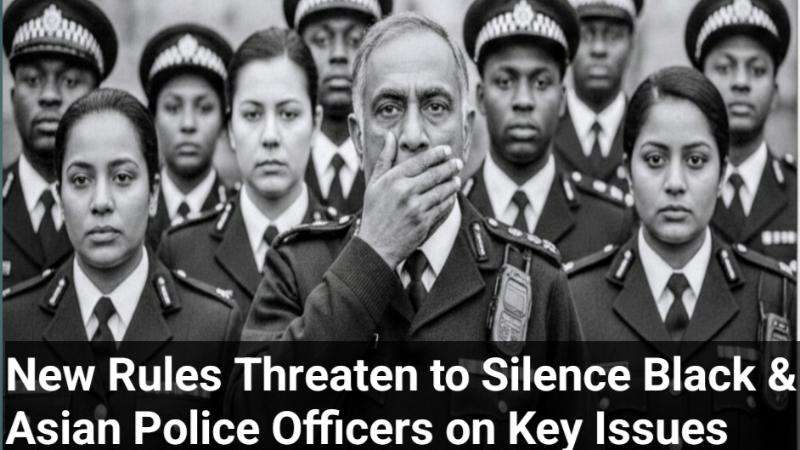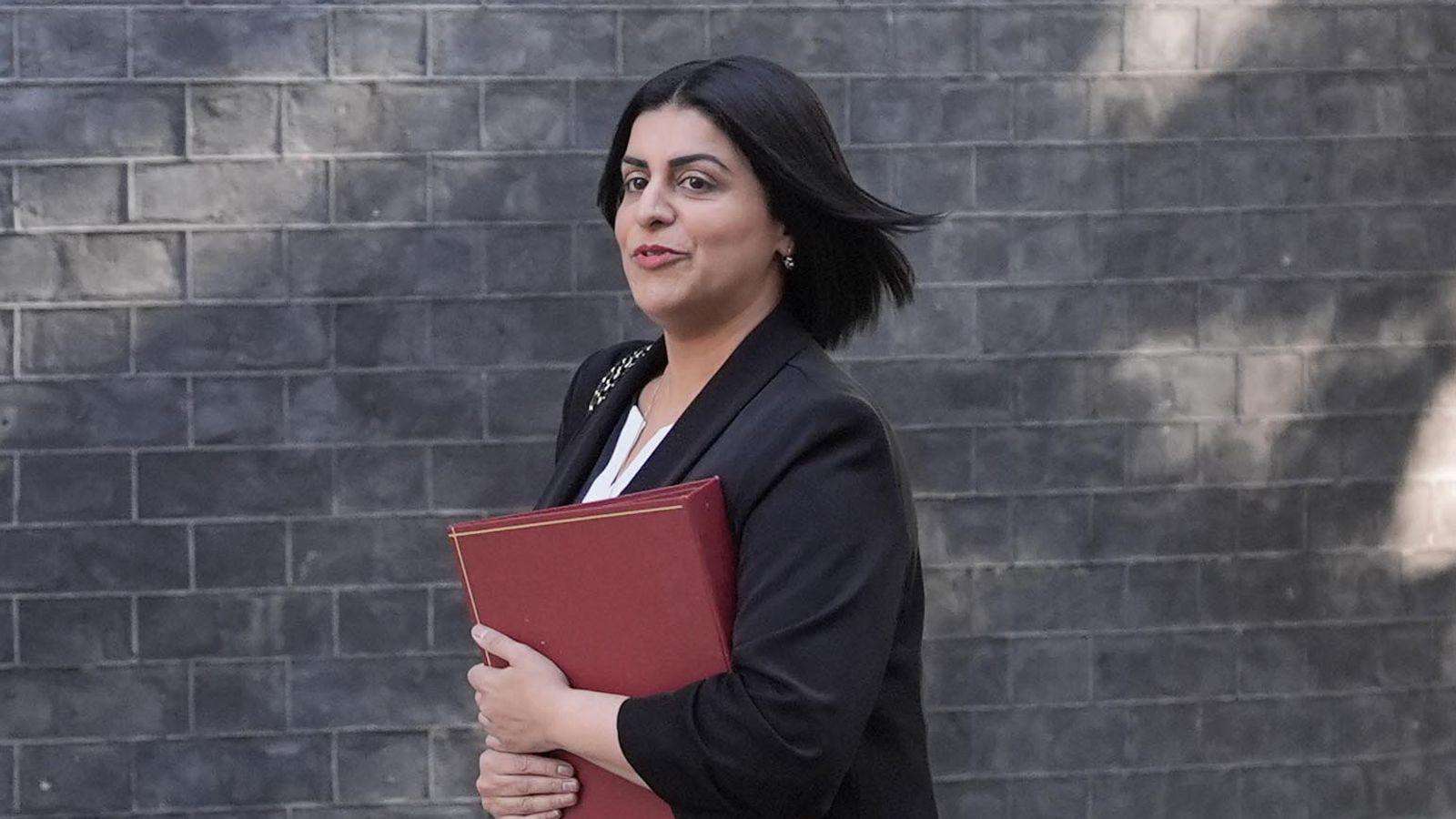A Ghanaian asylum seeker, Winfred Kwabla Dogbey, has been granted the right to remain in the United Kingdom after a tribunal determined that returning him to Ghana would pose a serious threat to his health and well-being due to the trauma he suffered from a severe case of Covid-19.
Mr. Dogbey, 52, contracted Covid-19 in May 2020 and was hospitalized in the UK, where he experienced a particularly severe form of the illness that led to multiple organ failure and a prolonged recovery. Following his hospitalisation, he was diagnosed with post-traumatic stress disorder (PTSD) and major depressive disorder (MDD), conditions that he continues to manage with medical and psychological support in the UK.
He argued in front of the Upper Tribunal of the Immigration and Asylum Chamber that he is currently undergoing treatment as part of a Covid-19 rehabilitation programme, including physiotherapy and consultations with specialists such as neurologists. He also has ongoing appointments for CT and ultrasound scans. Medical professionals involved in his care stated that his symptoms, which include post-Covid syndrome, continue to affect his daily life and require sustained care and monitoring.
The tribunal, presided over by Upper Tribunal Judge Khan and Deputy Upper Tribunal Judge Gill, concluded that Mr. Dogbey’s health conditions are persistent and serious. They acknowledged that if he were to return to Ghana, he would likely experience a rapid and severe deterioration in his mental health, leading to intense and potentially intolerable suffering.
Although the UK Home Office maintained that mental health services and post-Covid care are available in Ghana, the tribunal was presented with compelling expert testimony and evidence indicating otherwise. Reports revealed that Ghana’s mental health infrastructure is deeply inadequate, with only 0.6% of individuals with major depressive disorder receiving treatment — and even then, the care is often of poor quality.
Further evidence described systemic issues within the Ghanaian healthcare system, including a lack of trauma-focused therapy, unregulated mental health services, and a reliance on psychiatric hospitals and prayer camps, where patients are sometimes subjected to abuse. According to these reports, treatment methods have included forced sedation, beatings, and electroconvulsive therapy administered without anesthesia — all of which could significantly worsen Mr. Dogbey’s condition.
The tribunal also took into account that Ghana does not have a comprehensive post-Covid care infrastructure. One report cited by Mr. Dogbey’s legal team noted that there is only one private psychologist in the country trained in trauma-focused therapy. Additionally, psychiatric services are not covered by Ghana’s healthcare system, meaning they are largely inaccessible to those without significant financial resources.
A Consultant Clinical Psychologist warned that returning Mr. Dogbey to Ghana would likely trigger an overwhelming decline in his mental health that he would not be able to endure. The panel agreed, stating in their judgment that there was no indication that the situation in Ghana would improve anytime soon.
Judge Gill concluded that under Article 3 of the European Convention on Human Rights — which protects individuals from inhuman or degrading treatment — Mr. Dogbey should not be removed from the UK. The tribunal determined that sending him back to Ghana would expose him to a serious, rapid, and irreversible decline in his health, resulting in suffering that would violate his fundamental human rights.
Mr. Dogbey originally arrived in the UK on a visa in April 2013. He claimed asylum in 2016, but that initial application was refused. He then submitted further applications over the years, culminating in this successful human rights claim. Despite the Home Office’s final refusal in December 2023, the tribunal’s ruling now allows him to remain in the UK indefinitely due to the extraordinary circumstances of his case.








.svg)


